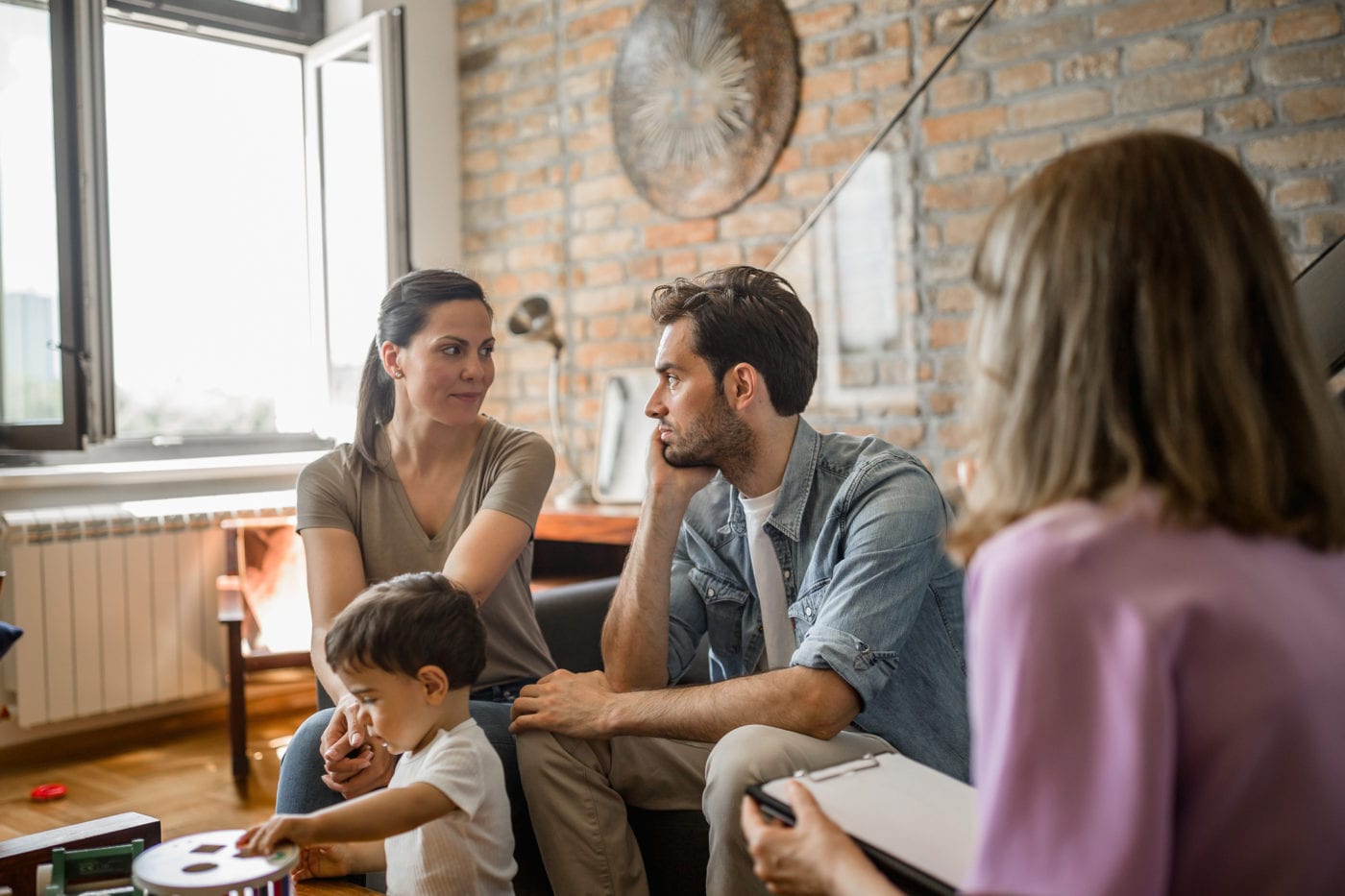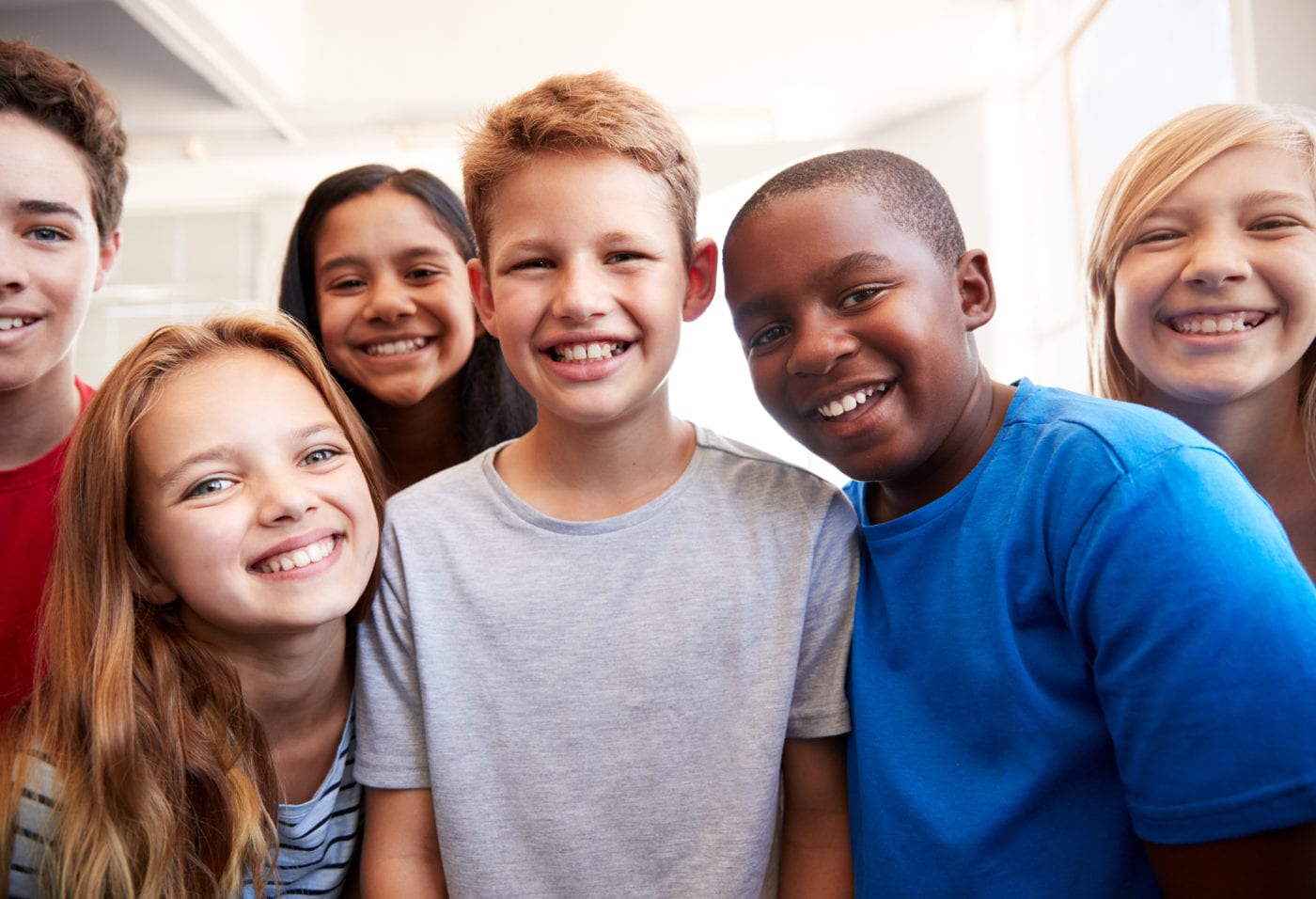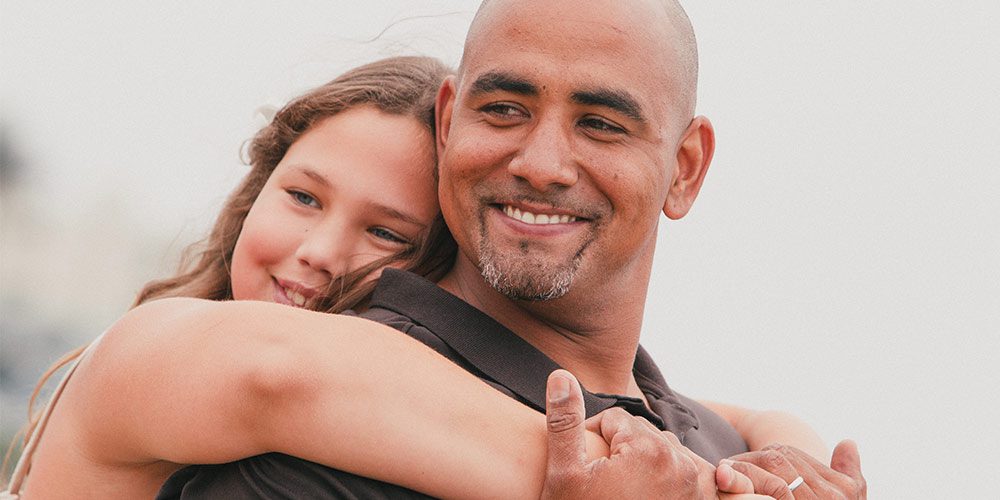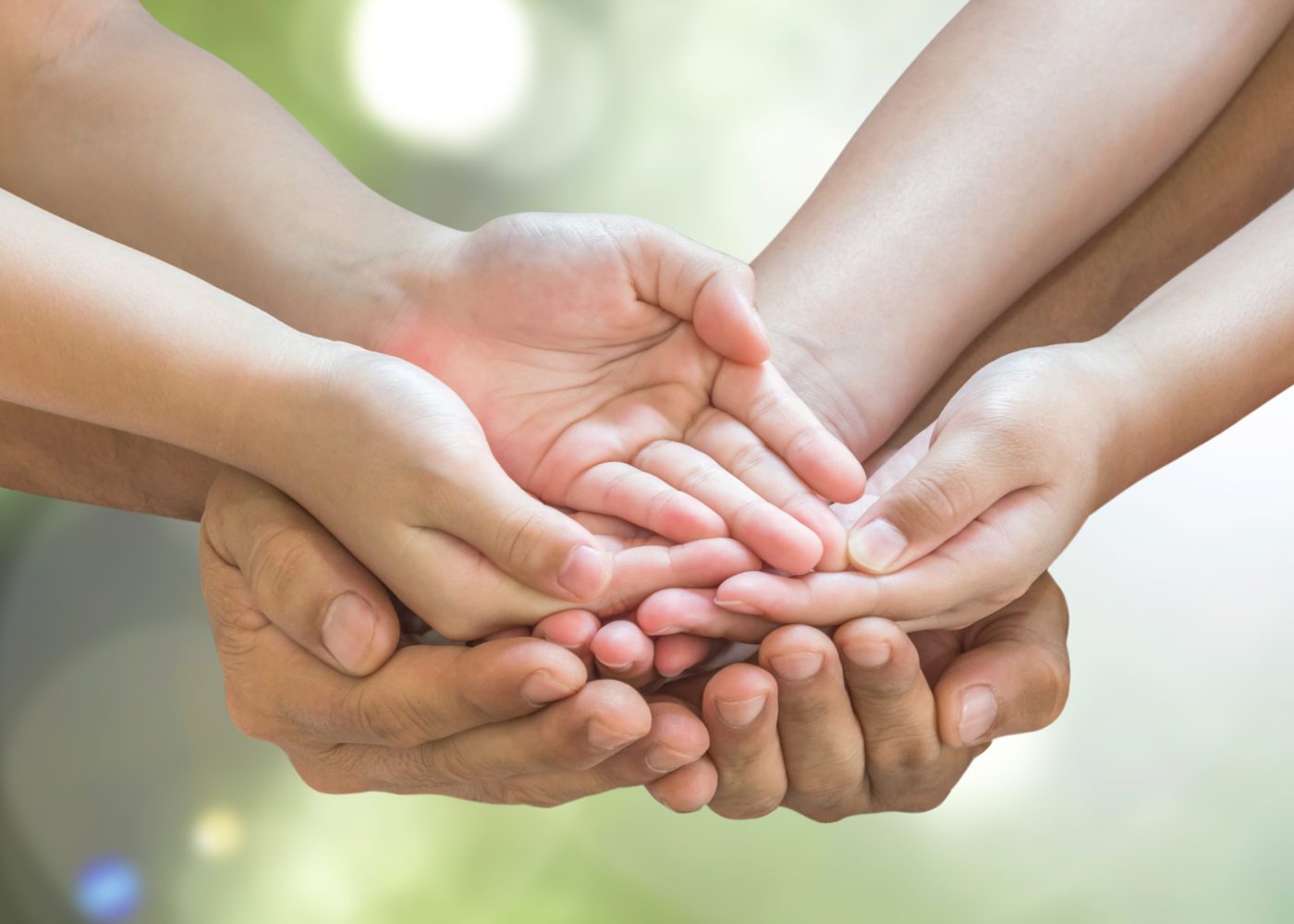The most important decisions are often the most difficult and complex ones. Choosing to foster or adopt is one of the most meaningful decisions you can make, but it’s also full of difficult questions you need to sort through with your spouse. Inevitably, there are disagreements couples have over fostering or adopting a child. My wife and I certainly had plenty of them when we began this process, but we’ve also discovered along the way that most of the other foster parents we’ve met argued over the same things.
Here are the 5 biggest disagreements couples have over fostering or adopting a child. There is no right response to these questions. However, I would like to suggest a better way to frame each question that served my wife and me as we processed what it might look like to take this leap as a family.
Do we have the time?
One of my biggest objections when my wife would suggest fostering was the lack of time. With four biological kids of our own, I felt our lives were full enough as is. Did we really have the time for all this? I thought we were too busy.
In her article “Are You As Busy As You Think?” in the Wall Street Journal, Laura Vanderkam suggests that instead of saying “I’m too busy,” we should say, “It’s not a priority.” This shifts the conversation from seeing ourselves as victims of life to the authors of our lives. This was a really helpful shift for me. So the question I needed to ask was not, “Do we have the time?” but rather, “What are our priorities?” With that reframing, the answer became clear: We wanted to prioritize using our resources to offer hope and a home to at-risk kids.
Should we wait until our biological kids are older?
One big disagreement folks have is whether to begin this journey while your children are at home or after they leave. At the heart of this question is a concern that your biological kids will suffer as a result of the decision to foster or adopt.
A better way to think about this is to ask, “Is this a parenting decision or a family decision?” When we began the process, I was thinking in terms of our experience as parents. But my wife helpfully reframed it as an opportunity for our family. This meant they both had input and a stake as we made decisions. In fact, the process of involving our kids was actually one of the many benefits of doing this while they were home. Some of the other benefits included shifting their vision from a “me-centered” one to a “we-centered” one, building compassion and empathy, and growing their appreciation for what they had. You can find more benefits for your biological kids here.
How old should the kids we foster or adopt be?
Of course, in foster care, you have kids of all ages and all of them have tremendous need. Did we want to specify how old the kids were? My wife wanted a baby. I thought older would be better because there was a greater need. However, after a few placements, we quickly realized that despite the huge need, our family circumstances (our jobs, kids’ lives, etc.) were such that a certain age range made the most sense for us if we were going to maintain this for the long haul.
A better way to ask this question is, “What is going to set our entire family up to thrive through this process?” Don’t think in terms of what is ideal. Think about what is feasible while also ensuring that you eliminate any misconceptions you might have about caring for a specific group of children.
Should we foster or adopt?
When we first got into foster care, I thought, “We’ll be a temporary safe place for kids as they look for their forever home.” My wife thought, “We’ll be a forever home for kids in need of a family.” Clearly these are not congruent. We went back and forth on this for a while and soon discovered that our specific agency asked that each foster family at least be open to the possibility of adoption.
It’s helpful to know that the goal of foster care is reunification with the biological parents in most cases. There are sometimes factors that go into whether a foster child becomes available for adoption. The question I ultimately had to ask is, “Am I open to our becoming a forever home if it becomes clear that’s in the best interest of the child?”
Should we foster/adopt kids who are of a different ethnicity?
This question has some weight to it. On the one hand, it can feel like the question is the same as, “Do you value kids of a different ethnicity as much as you value kids of your own ethnicity?”—which feels like someone asking you, “Are you racist?” But it’s actually much more complex than that.
The real question here is, “Are you willing to structure your life so a child who enters your home has access to people, organizations, and cultural resources that reflect and promote his or her ethnic heritage?” This has broad implications on things as simple as the books you read and the food you eat to as complicated as the church you attend and the families you hang out with.
The disagreements couples have over fostering or adopting a child are all very complex, but I hope that reframing each question slightly can help you and your spouse think a little differently, and perhaps see a bit more clearly how you can enter this deeply meaningful experience poised to thrive as a family unit.
Sound off: Are there other disagreements couples have over fostering or adopting that aren’t listed here?
Did you know that over 1,000 children and teens enter the foster care system each month in the state of Florida? They are in need of safe, loving, and committed foster families who can care of them while they are removed from their homes. Would you consider opening your heart and home to care? Learn more about becoming a foster parent by visiting MyFloridaMyFamily or by calling 1-83-FosterFL or 1-833-678-3735.











Huddle up with your wife and ask, “What could we do to help kids who are in the foster system?”